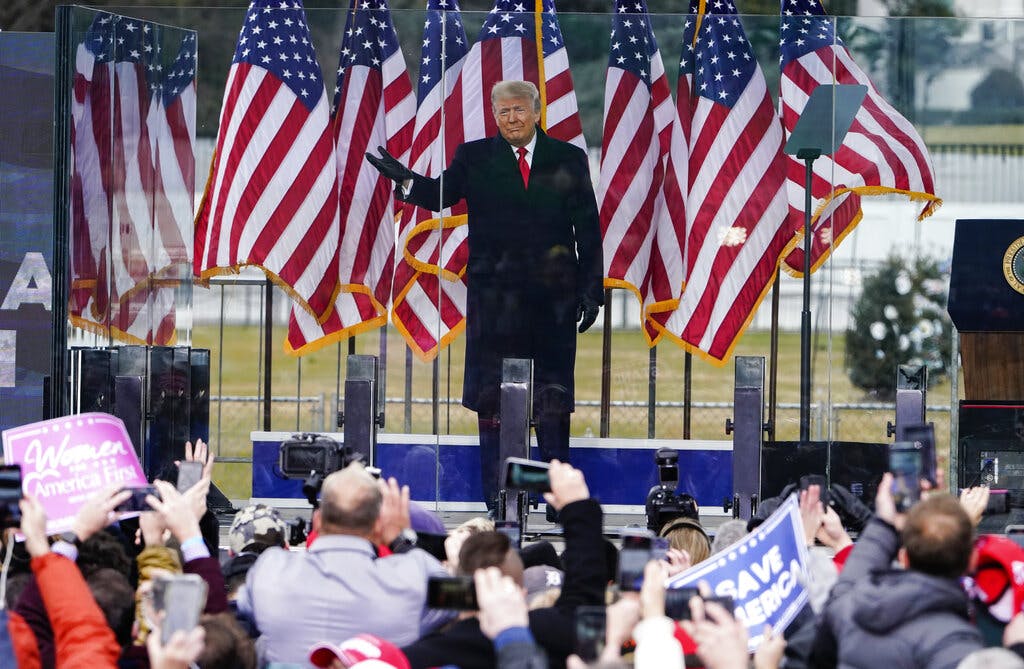Jack Smith Gambles That the January 6 Riot Will Convict Trump, Even Though He Didn’t Charge the Former President With Insurrection
The prosecutor wants it in the case, even though he passed on charging the former president with insurrection. Could it be a forbidden fruit of attainder?

Special Counsel Jack Smith’s insistence that he be permitted to cite the January 6 riot at the Capitol as evidence against President Trump, who alleges that such an “inflammatory” allegation could prejudice a jury, is a gamble that that day’s chaos will be conducive for a conviction.
Please check your email.
A verification code has been sent to
Didn't get a code? Click to resend.
To continue reading, please select:
Enter your email to read for FREE
Get 1 FREE article
Join the Sun for a PENNY A DAY
$0.01/day for 60 days
Cancel anytime
100% ad free experience
Unlimited article and commenting access
Full annual dues ($120) billed after 60 days

